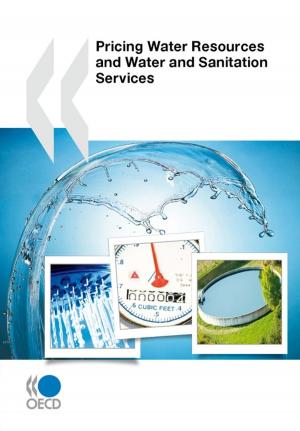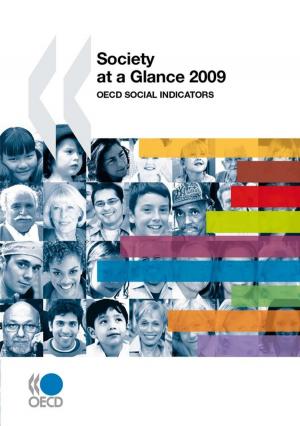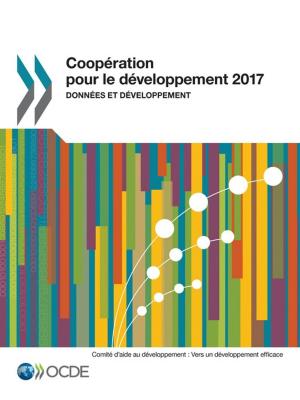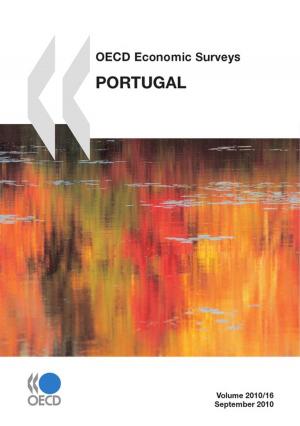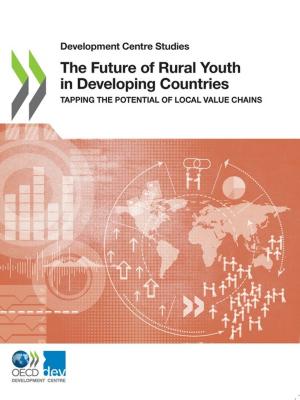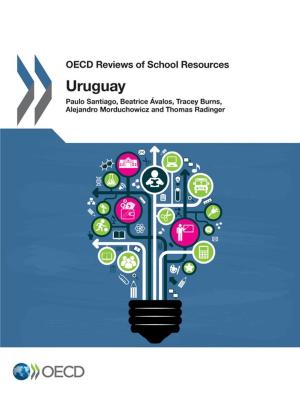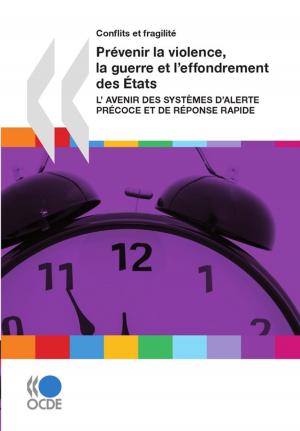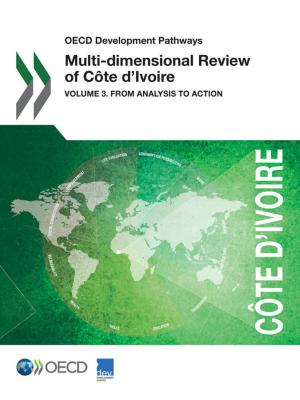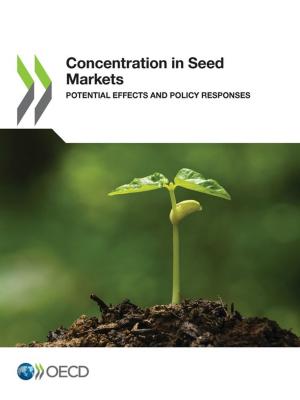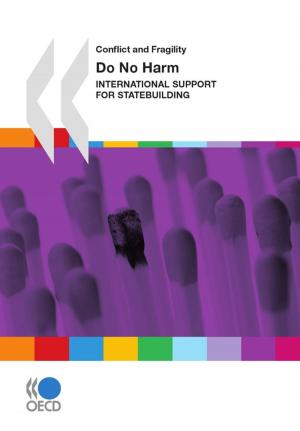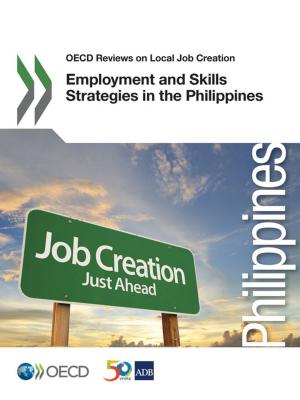Multi-Dimensional Review of Thailand (Volume 1)
Initial Assessment
Business & Finance, Economics, Economic Development| Author: | Collectif | ISBN: | 9789264293380 |
| Publisher: | OECD | Publication: | April 9, 2018 |
| Imprint: | OECD | Language: | English |
| Author: | Collectif |
| ISBN: | 9789264293380 |
| Publisher: | OECD |
| Publication: | April 9, 2018 |
| Imprint: | OECD |
| Language: | English |
Thailand has made impressive progress over the past several decades, both in economic and social terms. Sustained strong growth and a rapidly modernising economy have turned Thailand into an upper middle-income country with a strong urban centre. Economic success has brought impressive social advancement. Poverty has plummeted, while education and health services have considerably expanded and improved. These achievements have brought Thailand to a new stage and a new set of challenges.
Rising prosperity has not been shared equally across the country and economic transformation needs a boost. The share of those in precarious employment still exceeds half of the working population. The creation of new activities replacing low-productivity ones has slowed while rural migrants and urban poor lack the skills required for modern urban jobs. While Bangkok’s success as a metropolis has been key to Thailand’s transformation, thriving secondary cities are needed that can develop new sources of growth.
Experience shows that development is not about getting everything right, but about getting right what matters most. The Initial Assessment of this Multi-Dimensional Review endeavors to identify the challenges and key constraints that must be overcome for Thailand to succeed. It offers recommendations related to informality, productivity and the management of natural resources, particularly water. The next volumes will provide further suggestions for action to address these challenges.
Thailand has made impressive progress over the past several decades, both in economic and social terms. Sustained strong growth and a rapidly modernising economy have turned Thailand into an upper middle-income country with a strong urban centre. Economic success has brought impressive social advancement. Poverty has plummeted, while education and health services have considerably expanded and improved. These achievements have brought Thailand to a new stage and a new set of challenges.
Rising prosperity has not been shared equally across the country and economic transformation needs a boost. The share of those in precarious employment still exceeds half of the working population. The creation of new activities replacing low-productivity ones has slowed while rural migrants and urban poor lack the skills required for modern urban jobs. While Bangkok’s success as a metropolis has been key to Thailand’s transformation, thriving secondary cities are needed that can develop new sources of growth.
Experience shows that development is not about getting everything right, but about getting right what matters most. The Initial Assessment of this Multi-Dimensional Review endeavors to identify the challenges and key constraints that must be overcome for Thailand to succeed. It offers recommendations related to informality, productivity and the management of natural resources, particularly water. The next volumes will provide further suggestions for action to address these challenges.

